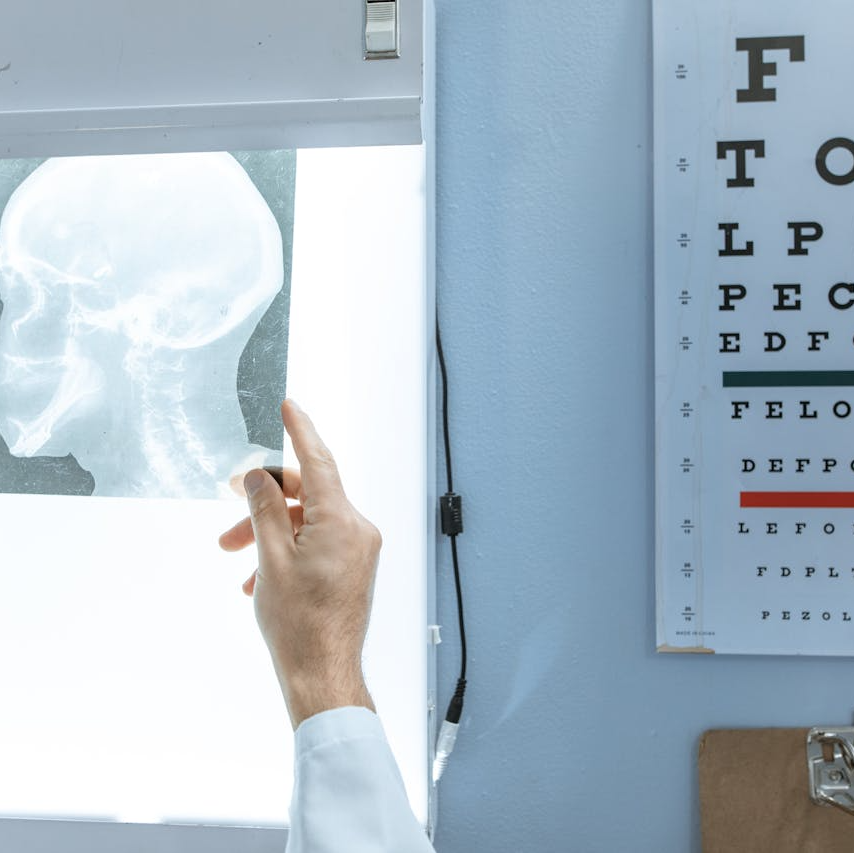Key Takeaways
- Medicare offers comprehensive coverage for both inpatient and outpatient rehabilitation services, ensuring beneficiaries receive necessary care for recovery and improved health.
- Understanding the differences in coverage, costs, and benefits between inpatient and outpatient rehabilitation can help beneficiaries maximize their Medicare benefits.
Rehabilitation Services Under Medicare: Inpatient vs. Outpatient Care
Rehabilitation services are essential for patients recovering from surgeries, injuries, or medical conditions that affect their physical, cognitive, or communication abilities. Medicare provides extensive coverage for rehabilitation services to help beneficiaries regain their independence and improve their quality of life. This article explores Medicare’s coverage for both inpatient and outpatient rehabilitation services, comparing costs and benefits, and offering tips for maximizing these benefits.
Overview of Medicare’s Rehabilitation Services
Medicare covers a variety of rehabilitation services under Medicare Part A (hospital insurance) and Medicare Part B (medical insurance). These services include physical therapy, occupational therapy, speech-language pathology, and other therapies aimed at restoring function and mobility.
Medicare Part A
Medicare Part A covers inpatient rehabilitation services provided in hospitals, skilled nursing facilities (SNFs), and inpatient rehabilitation facilities (IRFs). This coverage is typically needed for patients who require intensive, round-the-clock care and cannot receive the necessary level of rehabilitation in an outpatient setting.
Medicare Part B
Medicare Part B covers outpatient rehabilitation services, which include therapies provided at outpatient clinics, rehabilitation centers, and, in some cases, at home through Medicare-certified home health agencies. Outpatient rehabilitation is suitable for patients who do not need hospitalization but still require ongoing therapy to recover.
Inpatient Rehabilitation Coverage Under Medicare Part A
Medicare Part A covers inpatient rehabilitation services for beneficiaries who meet specific criteria, including the need for intensive rehabilitation and a qualifying hospital stay.
Inpatient Hospital Rehabilitation
Inpatient hospital rehabilitation is covered when a patient requires intensive therapy and continuous medical supervision. This includes rehabilitation services provided during an acute hospital stay. Patients must have a severe condition that necessitates daily therapy and close monitoring by healthcare professionals.
Skilled Nursing Facility (SNF) Rehabilitation
Medicare Part A covers up to 100 days of skilled nursing care per benefit period in a skilled nursing facility if the patient meets certain conditions. These conditions include having a qualifying hospital stay of at least three days and requiring daily skilled nursing or rehabilitation services. The first 20 days are fully covered by Medicare, while days 21 to 100 require a copayment. After 100 days, beneficiaries are responsible for all costs unless they have supplemental insurance.
Inpatient Rehabilitation Facility (IRF)
Medicare Part A also covers rehabilitation services provided in an inpatient rehabilitation facility. To qualify, patients must require multiple therapy services (e.g., physical and occupational therapy) and intensive rehabilitation that cannot be provided in a less intensive setting. Coverage includes room and board, nursing care, and therapy services. Beneficiaries are responsible for the Part A deductible and any applicable coinsurance.
Outpatient Rehabilitation Coverage Under Medicare Part B
Medicare Part B covers a wide range of outpatient rehabilitation services for beneficiaries who do not require hospitalization but need ongoing therapy to recover.
Outpatient Physical Therapy
Medicare Part B covers outpatient physical therapy services when they are medically necessary and prescribed by a physician. These services include therapeutic exercises, manual therapy, gait training, and other techniques to improve strength, mobility, and function. Beneficiaries are responsible for 20% of the Medicare-approved amount after meeting the annual Part B deductible.
Outpatient Occupational Therapy
Occupational therapy focuses on improving a patient’s ability to perform daily activities and maintain independence. Medicare Part B covers outpatient occupational therapy services when they are medically necessary and part of a comprehensive rehabilitation plan. Beneficiaries pay 20% of the Medicare-approved amount after meeting the Part B deductible.
Outpatient Speech-Language Pathology
Medicare Part B covers outpatient speech-language pathology services for beneficiaries with speech, language, communication, or swallowing disorders. These services must be prescribed by a physician and deemed medically necessary. Beneficiaries are responsible for 20% of the Medicare-approved amount after meeting the Part B deductible.
Comparing Costs and Benefits: Inpatient vs. Outpatient Rehabilitation
Understanding the differences in costs and benefits between inpatient and outpatient rehabilitation services can help beneficiaries make informed decisions about their care.
Costs of Inpatient Rehabilitation
Inpatient rehabilitation services covered under Medicare Part A involve specific costs:
-
Inpatient Hospital Rehabilitation: Beneficiaries are responsible for the Part A deductible for each benefit period. For stays longer than 60 days, there is a daily coinsurance amount. After 90 days, beneficiaries may use lifetime reserve days with higher coinsurance.
-
Skilled Nursing Facility (SNF) Rehabilitation: The first 20 days are fully covered by Medicare. Days 21 to 100 require a daily copayment, and after 100 days, beneficiaries are responsible for all costs.
-
Inpatient Rehabilitation Facility (IRF): Beneficiaries pay the Part A deductible for each benefit period and daily coinsurance for stays longer than 60 days.
Costs of Outpatient Rehabilitation
Outpatient rehabilitation services covered under Medicare Part B involve different costs:
- Outpatient Physical Therapy, Occupational Therapy, and Speech-Language Pathology: Beneficiaries must meet the annual Part B deductible. After meeting the deductible, they are responsible for 20% of the Medicare-approved amount for therapy services. There may also be a copayment if services are provided in a hospital outpatient setting.
Maximizing Your Rehabilitation Benefits Under Medicare
Maximizing Medicare benefits for rehabilitation services involves understanding coverage details, choosing the right providers, and staying informed about preventive services.
Choose Medicare-Certified Providers
Ensure that therapists and rehabilitation facilities are Medicare-certified. This helps avoid unexpected costs and ensures that services are covered by Medicare.
Follow the Plan of Care
Adhere to the plan of care developed by your healthcare provider. Consistently following the prescribed therapy can lead to better health outcomes and prevent complications.
Utilize Preventive Services
Take advantage of Medicare-covered preventive services and screenings that can identify health issues early and reduce the need for extensive rehabilitation. Preventive services include wellness visits, cardiovascular screenings, and bone density tests.
Stay Informed About Coverage Changes
Medicare coverage policies can change, so it’s important to stay informed about any updates or changes to your benefits. Regularly review Medicare information and communicate with healthcare providers to make the most of your coverage.
Conclusion
Medicare provides extensive coverage for both inpatient and outpatient rehabilitation services, helping beneficiaries recover from surgeries, injuries, or medical conditions that affect their physical, cognitive, or communication abilities. Understanding the differences in coverage, costs, and benefits between inpatient and outpatient rehabilitation can help beneficiaries maximize their Medicare benefits and ensure they receive the necessary care for their recovery. By staying informed and proactive, Medicare beneficiaries can effectively navigate their rehabilitation coverage and achieve better health outcomes.
Contact Information:
Email: [email protected]
Phone: 5205555678









